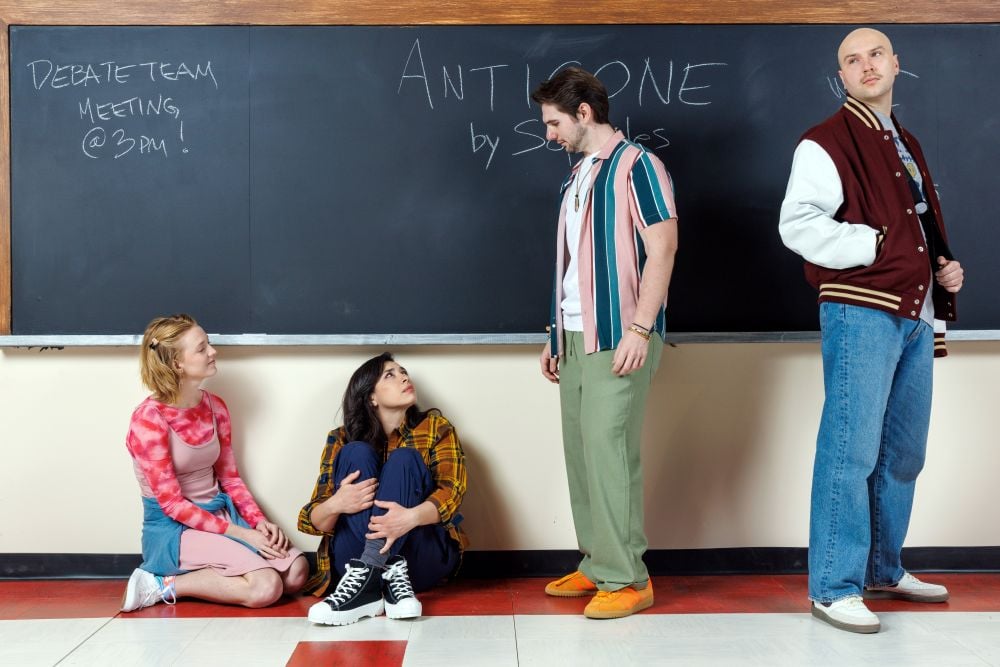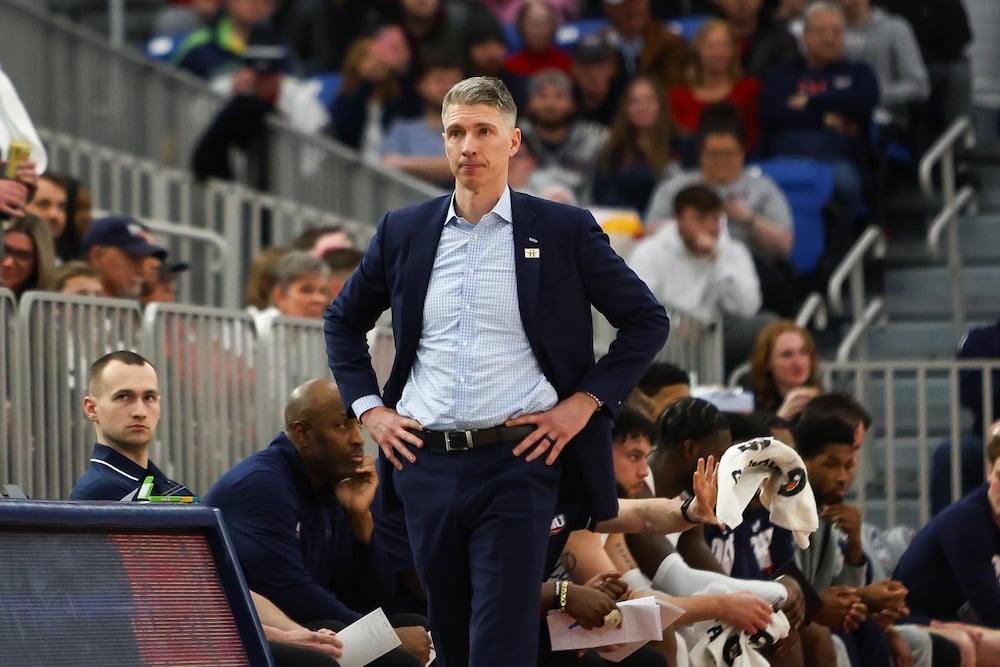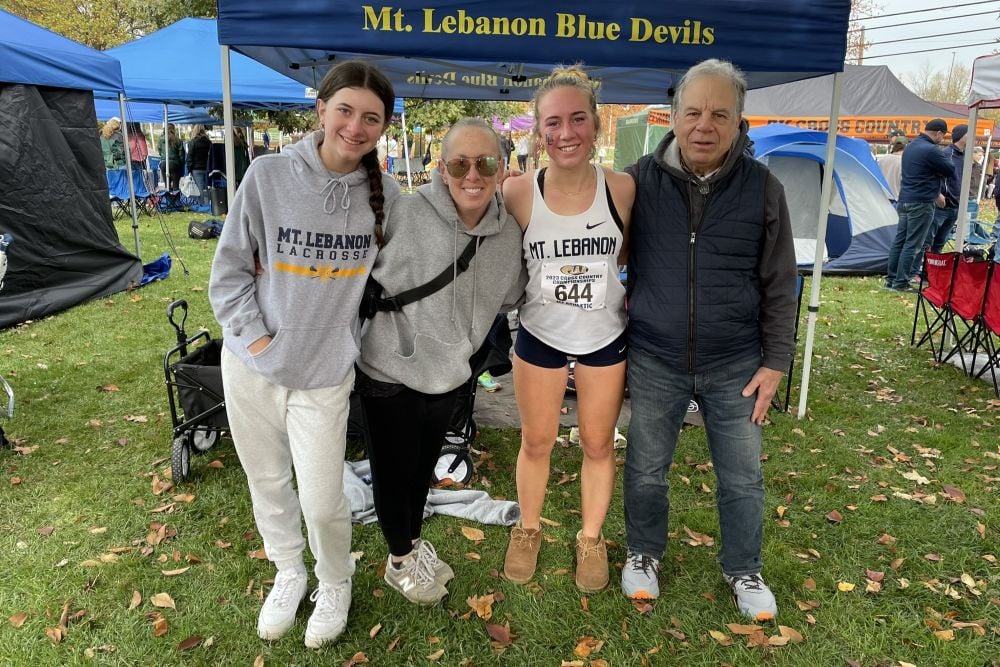How the Pittsburgh Symphony Orchestra Brings Film to Life
Careful planning and precise timing go into a live accompaniment of films such as “The Lord of the Rings: The Fellowship of the Ring.”
On June 27, I took my seat at a nearly-sold-out Heinz Hall, ready for a night of elves, orcs — and a full orchestra. I was there to watch the Pittsburgh Symphony Orchestra perform the score for “The Lord of the Rings: The Fellowship of the Ring” live in sync with the film, and it didn’t take long for the performance to pull me in.
Splitting my attention between the intense performance and the epic film, I quickly found myself in awe of how the music brought the three-hour film to life.
But how does the Pittsburgh Symphony Orchestra create such a captivating musical experience?
Jacob Joyce, an associate conductor with the orchestra who conducted the Pittsburgh Symphony Orchestra’s performance of “Star Wars: A New Hope,” explains that conducting shows such as these is no easy feat.
“It feels like a sporting event, to a certain extent,” Joyce says. “You never quite know how it’s going to go. You have to be really prepared, but then you also have to adapt in the moment and rely on your skills that you’ve practiced for hours and hours beforehand to carry you in those moments.”
Joyce says that in preparation for film concerts, conductors must rehearse with special technology, coordinating with streamers and click tracks, to keep musicians synchronized with the movie.
The streamer acts as a visual cue to indicate specific moments in the music, while click tracks serve as a metronome to match the film’s timing. To get used to the constantly shifting tempo and follow along with the streamer, Joyce says that lots of individual practice is necessary.
View this post on Instagram
“It’s a huge amount of sensory information at once, and so you really have to simplify it for yourself and not get panicked and not try to do too many things at once,” Joyce says. “You can’t be trying to listen to the metronome, look at the screen, watch the movie, conduct, look at the music all at the same time. You really have to allocate your attention judiciously and specifically based on what’s happening in that exact moment.”
While Joyce has led the orchestra’s “Star Wars” concert, “The Fellowship of the Ring” was conducted by Ludwig Wicki, a Swiss conductor known for his expertise in live film performances. Wicki has conducted the “Lord of the Rings” concerts all over the world.
“It takes a very skilled conductor to keep you in sync with the film,” says trombonist Jim Nova. “You have to really know the score well to keep the orchestra on target. Typically, in a regular concert, the orchestra will flex a little bit here and there, and each performance is a little bit unique in the sense that maybe somebody takes a little more time with a phrase that they didn’t the night before. You can’t do that in the film stuff. The film has to be really, really on target.”
To prepare for the three-hour “Lord of the Rings” concert, Nova says the orchestra held five rehearsals — more than usual for a film performance. The extra time was essential to master not just the precise timing but also the intense demands of the music.
“Trombones are typically used to score the bad guys and the cool stuff because of the range and everything,” Nova says. “The toughest part for us probably is the big battle scene with the Balrog at the end because it’s just constant. It’s like three pages of constant playing.”
Film concerts like “Lord of the Rings” have become a powerful way for symphony orchestras to connect with new audiences who might not normally attend a classical concert. At Heinz Hall, the crowd was a mix of longtime orchestra fans, children seeing their first live performance and fantasy devotees donning cloaks or elf ears.
A major part of the show’s magic comes from Howard Shore’s Oscar-winning score, which sets the pace of the movie through complex and layered music. In each scene, Shore’s score matches the mood of the film, ranging from peaceful flutes to dramatic percussion.
Five more movie concerts are scheduled for the coming months, including “The Nightmare Before Christmas,” “Elf,” “Harry Potter and the Half-Blood Prince,” “Star Wars: The Empire Strikes Back” and “The Lord of the Rings: The Two Towers.”
“People can be appreciative of the music a little bit more than they would have been if they were just watching the film,” Nova says.












